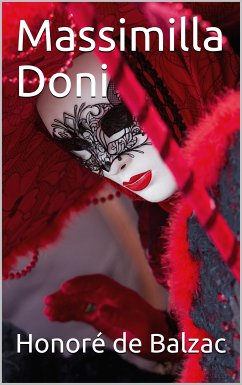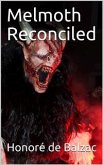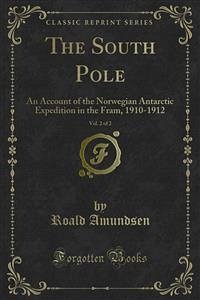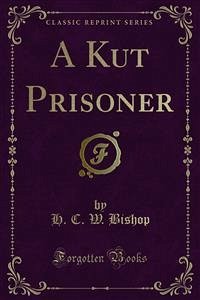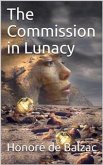Massimilla Doni is a short story by Honoré de Balzac.
Its first chapter was published in 1837 in the Études philosophiques of la Comédie humaine alongside Gambara, les Proscrits and Séraphîta. Its second chapter was published in 1839 in the review la France musicale, under the title Une représentation du 'Mosè in Egitto' by Rossini in Venice, with a preamble underlining the role Stendhal had played in making Rossini known in France.
Emilio Memmi, recently made prince of Varese and heir to a palace, is desperately in love with Massimila Doni, wife of the duke of Caetano, a debauched old man who is keeping the singer Clara Tinti as a mistress. Massimilla returns his love, but it remains platonic, chaste and delicate on both sides. A terrible misunderstanding leads Emilio to meet Tinti in his palace and falls in love with her pleasurable charms, ashamed of himself. However, Massimilla has met a French doctor who she has initiated into the mysteries of music and who in return helps Emilio to accept the idea that carnal love and pure love blend beautifully.
However, this love story mainly serves as a thread through a text exclusively concentrated on music and lyric opera, the description of the world of music-lovers, the atmosphere of Venice and a portrait of its main character Massimilla.
Its first chapter was published in 1837 in the Études philosophiques of la Comédie humaine alongside Gambara, les Proscrits and Séraphîta. Its second chapter was published in 1839 in the review la France musicale, under the title Une représentation du 'Mosè in Egitto' by Rossini in Venice, with a preamble underlining the role Stendhal had played in making Rossini known in France.
Emilio Memmi, recently made prince of Varese and heir to a palace, is desperately in love with Massimila Doni, wife of the duke of Caetano, a debauched old man who is keeping the singer Clara Tinti as a mistress. Massimilla returns his love, but it remains platonic, chaste and delicate on both sides. A terrible misunderstanding leads Emilio to meet Tinti in his palace and falls in love with her pleasurable charms, ashamed of himself. However, Massimilla has met a French doctor who she has initiated into the mysteries of music and who in return helps Emilio to accept the idea that carnal love and pure love blend beautifully.
However, this love story mainly serves as a thread through a text exclusively concentrated on music and lyric opera, the description of the world of music-lovers, the atmosphere of Venice and a portrait of its main character Massimilla.

